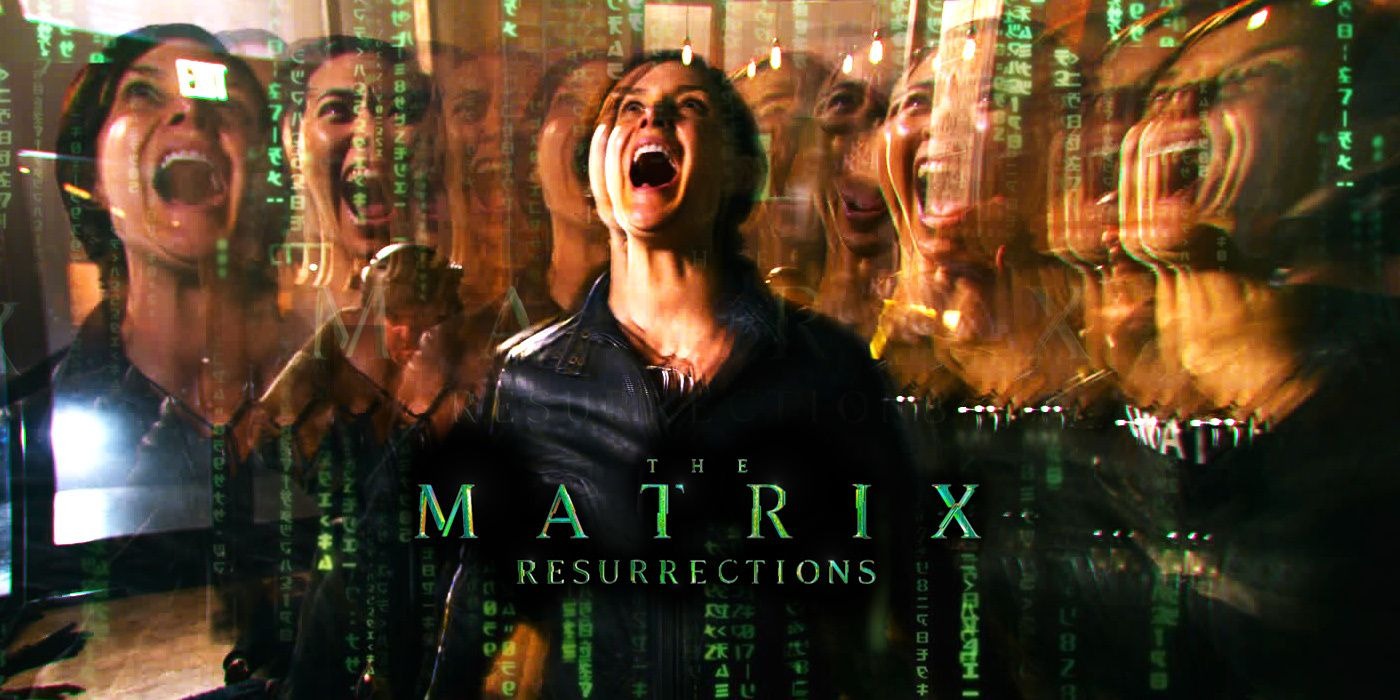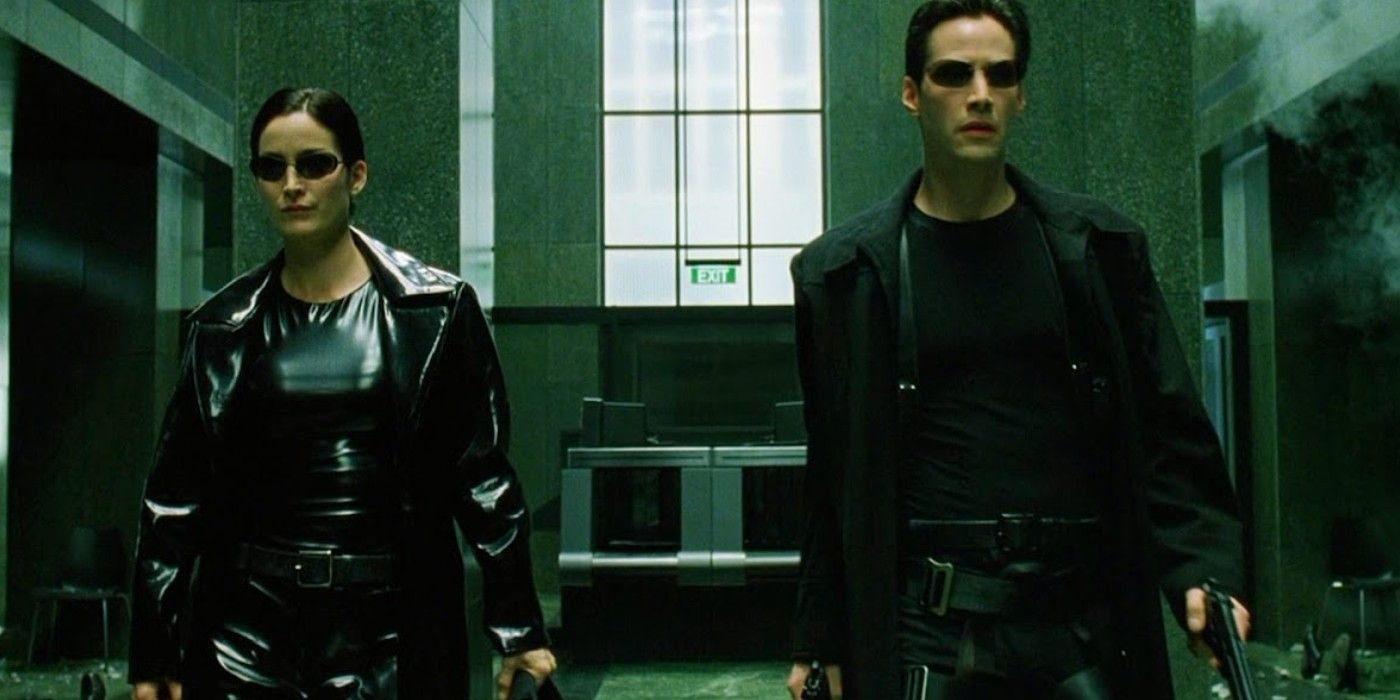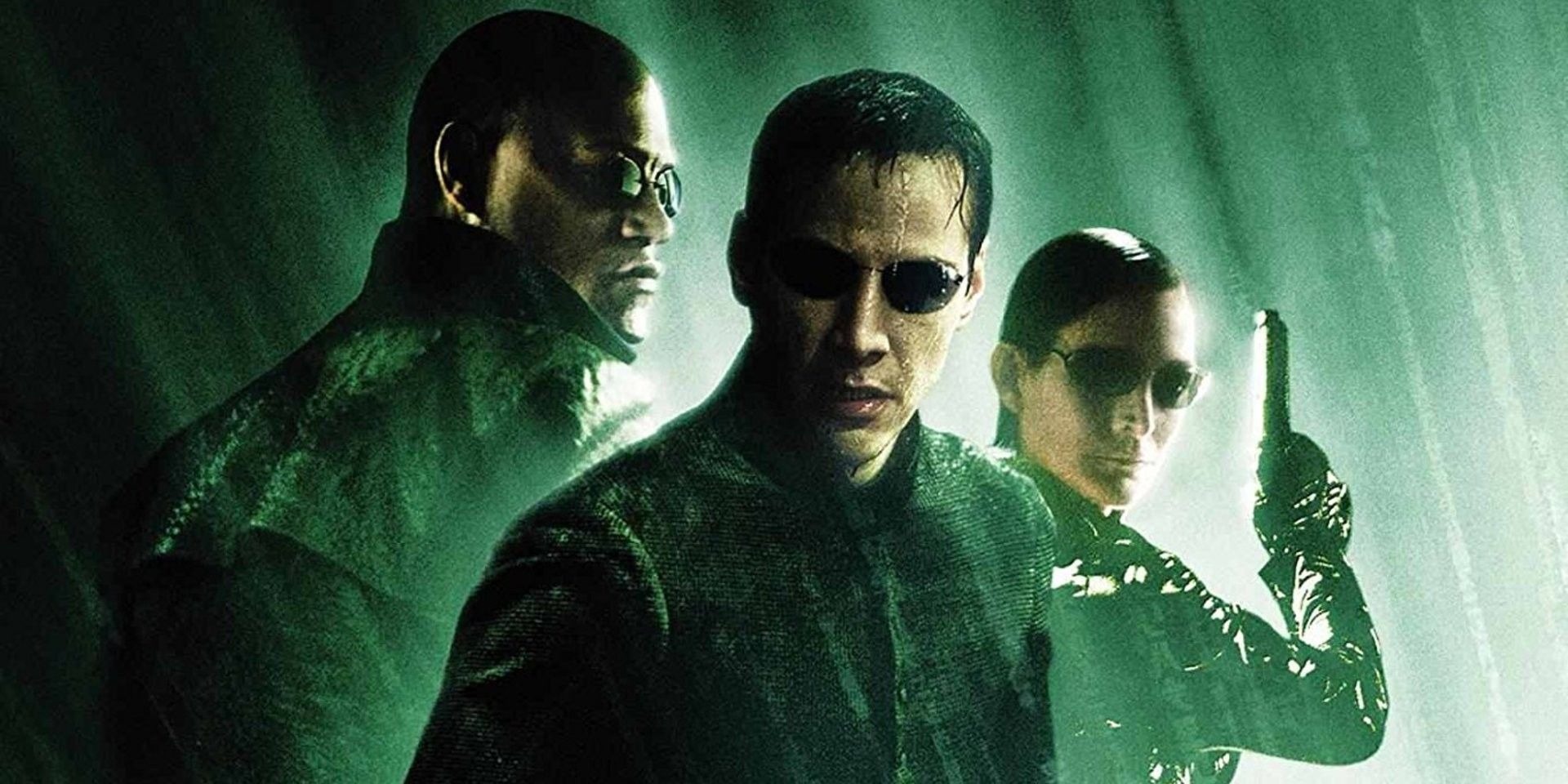As one of the most groundbreaking films of its time, The Matrix transformed science fiction and redefined cinematic storytelling. The plot revolves around Neo, a seemingly ordinary programmer whose life takes an unexpected turn when he discovers that his entire reality is a constructed simulation. More importantly, he learns he is the only one capable of dismantling this false reality.
Exploring profound ideas such as fate, predetermination, and existentialism, The Matrix boldly tackles questions often avoided in cinema. Though the film’s central message is frequently misinterpreted, the answers are present within the climactic events of the first installment.

At its core, the story delves into how life is shaped by choices, some of which may have been influenced long before awareness of their consequences. While the Wachowskis don’t present everything overtly, careful attention to the narrative provides insights into their intentions.
What Happens at the End of The Matrix?
Although the film’s runtime is extensive, much of the pivotal action occurs in its latter portion. The story intensifies when Morpheus is captured by Agent Smith, necessitating Neo and Trinity to embark on a daring mission to rescue him while staying true to the Oracle’s prediction.
Neo’s confrontation with Agent Smith is pivotal to his destiny as “The One.” After liberating Morpheus, Neo sacrifices himself, only to resurrect and overpower Agent Smith.
This dramatic sequence fulfills the Oracle’s prophecy, cementing Neo as an anomaly capable of undermining the Matrix’s framework. Following his revival, Neo demonstrates extraordinary abilities, including rewriting the simulation’s code in real time.
These newfound powers confirm the accuracy of the Oracle’s prediction, emphasizing the interplay of predestination and human agency. This resolution paints an optimistic vision of humanity overcoming technological dominance through intellect and emotion.
How Did Neo Return from Death?
The film’s conclusion, though thrilling, leaves many viewers pondering Neo’s resurrection. Conventional logic within the story dictates that death in the Matrix is final, yet Neo defies this rule.
His survival stems from rejecting the illusionary constraints of the simulation, recognizing its artificial nature. Trinity’s kiss awakens Neo’s consciousness, prompting him to reject his simulated death and affirming the Matrix’s inability to impose absolute control.

While Trinity’s actions underscore her deep bond with Neo, her role serves a larger purpose. By responding to her presence, Neo demonstrates that the Matrix’s authority exists solely as a perception.
The billions trapped within it unknowingly possess the power to break free, yet they remain confined by their acceptance of its fabricated rules. Neo’s realization sets him apart, establishing his unique ability to defy the system.
Is Neo Truly “The One”?
The debate over whether Neo genuinely embodies “The One” persists among fans, as the films leave this open to interpretation. The Oracle’s prophecy ultimately materializes, with Neo achieving unparalleled control over the simulation.
However, the possibility exists that the Oracle’s words influenced Neo’s belief in himself, driving him to manifest his destiny through faith in her guidance.
This perspective implies that Neo’s importance lies not in inherent uniqueness but in his belief and determination. By embracing the identity of “The One,” Neo achieves what others deemed impossible, aligning with the broader themes of the narrative. The film suggests greatness is not preordained but shaped by one’s actions and self-belief.
What Does the Ending Truly Represent?
Among The Matrix’s strengths is its refusal to offer definitive answers, leaving its ending open to multiple interpretations. Neo and his allies grapple with the ambiguity of their achievements, unsure whether to credit chance or a higher power. This uncertainty reflects the importance of faith in oneself and the power of choice.
Neo’s triumph over Agent Smith symbolizes the liberation of human will from oppressive forces. The Matrix’s authority falters against those who understand their intrinsic freedom, just as Neo does in the film’s climax.
At its heart, The Matrix champions free will and determination, showing that belief in one’s potential can overcome any system. Whether Neo was destined to be “The One” or became it through belief is secondary to the message that autonomy and self-realization are the ultimate keys to freedom.



